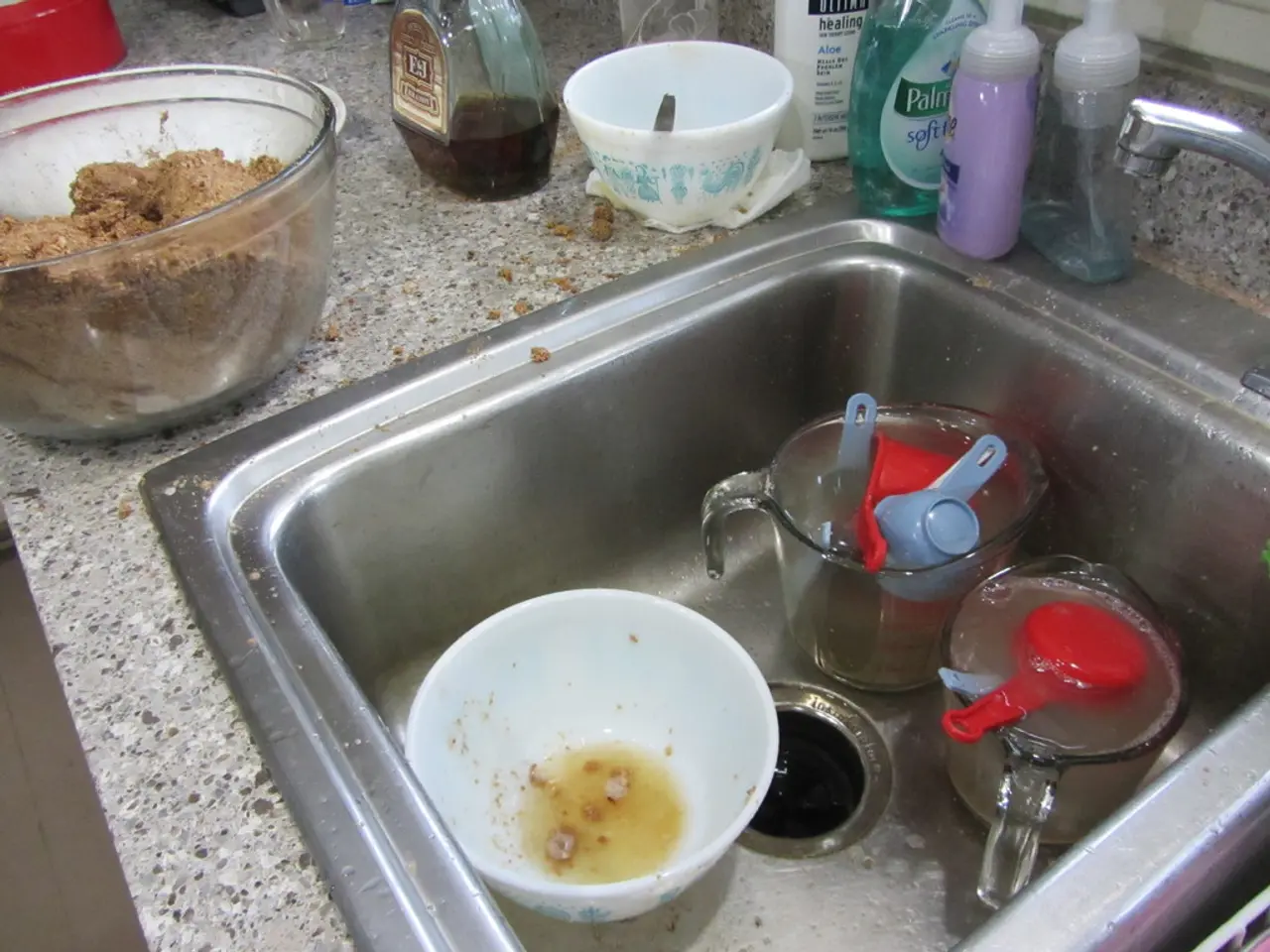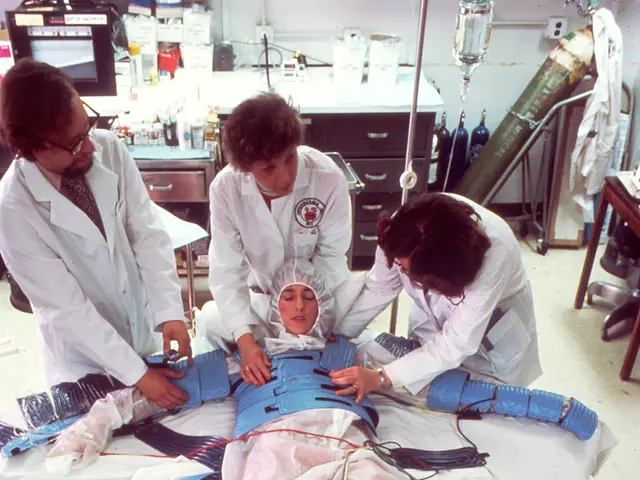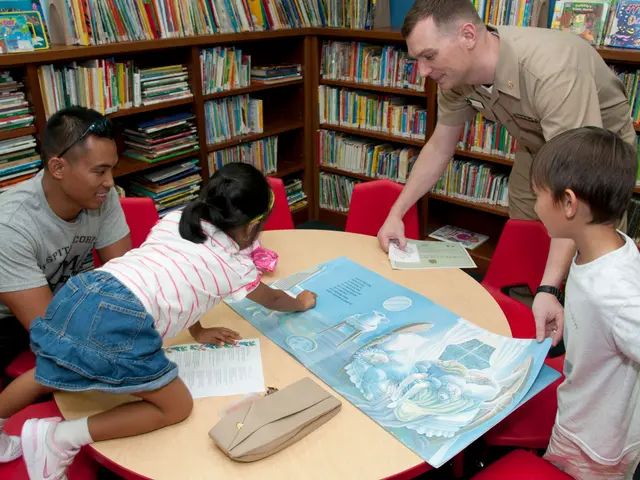Proper Handwashing: Key to Fighting COVID-19 and Other Illnesses
Proper handwashing is crucial for preventing the spread of viruses like SARS-CoV-2, which causes COVID-19. It's also a key defense against other illnesses such as pneumonia and diarrhea. While hand sanitizers are convenient, they should not replace handwashing. Here's a guide to effective handwashing and when to use hand sanitizers.
The steps for effective handwashing are simple yet vital. Begin by wetting your hands with water, then apply enough soap to cover all surfaces, including palms, backs, and between fingers. Don't forget to clean under your nails. Lather for at least 20 seconds - humming the 'Happy Birthday' song twice can help you time it. Then, rinse thoroughly and dry with a clean towel or air dryer.
Germs spread when we touch contaminated surfaces and then touch our face with unwashed hands. To protect yourself and others, wash your hands frequently, especially after being in public areas, sneezing, coughing, or blowing your nose. Hand sanitizers are useful when soap and water aren't available, but using them too often can reduce helpful bacteria. Always use alcohol-based sanitizers and scrub vigorously, allowing your hands to air dry.
Regular handwashing is a daily habit that can significantly reduce the risk of COVID-19 and other illnesses. It's important to note that while antibacterial soap isn't necessarily more effective than regular soap, both are crucial in combating viruses. Remember, frequent handwashing is not only a health measure but also a sign of respect for those around you.
Read also:
- Crisis in a neighboring nation: immediate cheese withdrawal at Rewe & Co, resulting in two fatalities.
- United Kingdom Christians Voice Opposition to Assisted Dying Legislation
- Democrats are subtly dismantling the Affordable Care Act. Here's the breakdown
- Antisebum skincare products (cream, cleanser, and moisturizer) advocating for self-acceptance and skin confidence.







